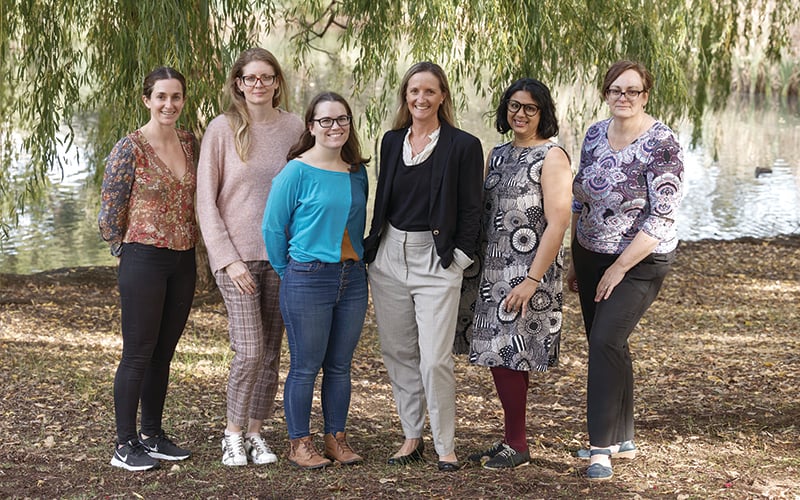Search
Research
Evaluating the scale-up of the Play Active programme for children’s physical activity in early childhood education and care services: a national type III hybrid effectiveness-implementationPhysical activity is crucial for young children's health and development. Many young children do not meet the recommended 3 hours of daily physical activity, including 60 min of energetic play. Early childhood education and care (ECEC/childcare) is a key setting to intervene to improve children's physical activity. The Play Active programme is a scalable evidence-informed ECEC-specific physical activity policy intervention with implementation support strategies to improve educators' physical activity-related practices.
Research
Aspiring athletes managing sport, education, social, and family life: A scoping reviewThis scoping review considers the experiences of aspiring high school-aged athletes as they navigate the complexities of managing sport, education, social, and family life. The review synthesises existing literature on the decisions, barriers, facilitators, and support systems that influence aspiring athletes' pathways.
Research
Reliability of Fitness Assessments in Children With Emotional and Behavioral DifficultiesExamine the reliability of field-based fitness assessments in school-aged children with emotional or behavioral difficulties (EBD). Understanding the impact of fitness on physical activity participation for children with EBD is limited by our ability to reliably measure it.

Childcare centres have flocked to take up a new evidence-based policy to help ensure young children get more of the physical activity they need to be healthy and developmentally on track.
Research
Dog ownership, dog walking, and physical function in mid-older adults: Findings from the HABITAT cohort studyTo examine the longitudinal effects of dog ownership and dog walking on self-reported and objective measures of physical function in mid- to older-aged adults.
Research
Exploring preferences for interventions to increase active school transportation among children and adolescents in AustraliaThe observed decline in children's active school transport (AST) across numerous countries over recent decades necessitates targeted, multi-level interventions to reverse this trend. However, data on young people's preferred AST interventions is lacking. This study aimed to explore children's preferences for AST interventions and assess differences between AST users and non-users among primary and secondary school students.
Research
Dog Ownership, Physical Activity, and Mental Health in Mid-to-Older Aged Adults: Findings From the HABITAT Cohort StudyDog ownership is a potential strategy for maintaining physical activity levels and supporting healthy aging. This study examined longitudinal effects of dog ownership and dog walking on physical activity and mental health in mid-to-older aged adults.
Research
Thriving Under Threat: A Scoping Review of Human Thriving in Recurring Potentially Traumatic, Elevated Threat and High Stress Work EnvironmentsIn this scoping review, we explore the concept of human thriving in work populations that are repeatedly exposed to high stress, elevated threat, and potential trauma-professions such as first responders and front-line military personnel. The concept of thriving, defined as the joint experience of development and success, shares some similarities with other psychological concepts (e.g., resilience, posttraumatic growth, flourishing), but is distinct due to the consideration of physical wellbeing, and success (e.g., performance).
Research
Does exercise in cool water cause a higher risk of hypoglycaemia than in thermoneutral conditions in type 1 diabetes?The aim of this study was to test the hypothesis that exercise in cool water results in a greater decrease in blood glucose concentration than in thermoneutral water or on land in individuals with type 1 diabetes.
Research
Factors influencing participation in home, school, and community settings by 6- to 9-year-old children born preterm: a qualitative descriptive studyThere is no published information on preterm children's activities and participation during middle childhood, a time when growth and development are characterised by increasing motor, reasoning, self-regulation, social and executive functioning skills. This study explored the health, activities and participation of children born very preterm during middle childhood (6-9 years) from the perspectives of their parents.
